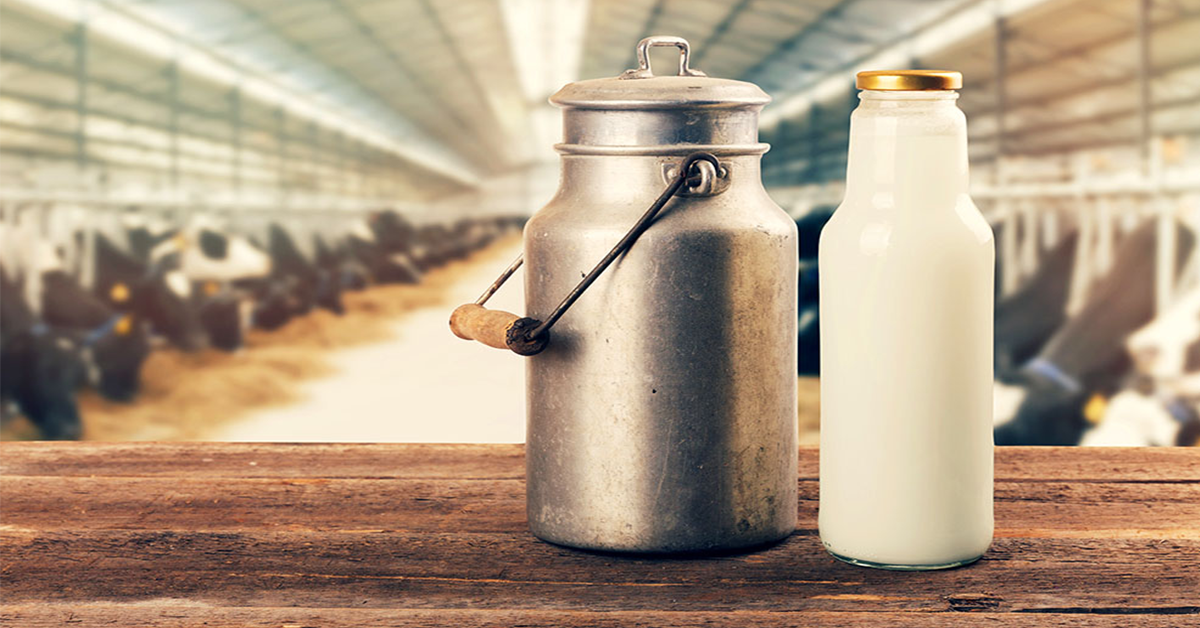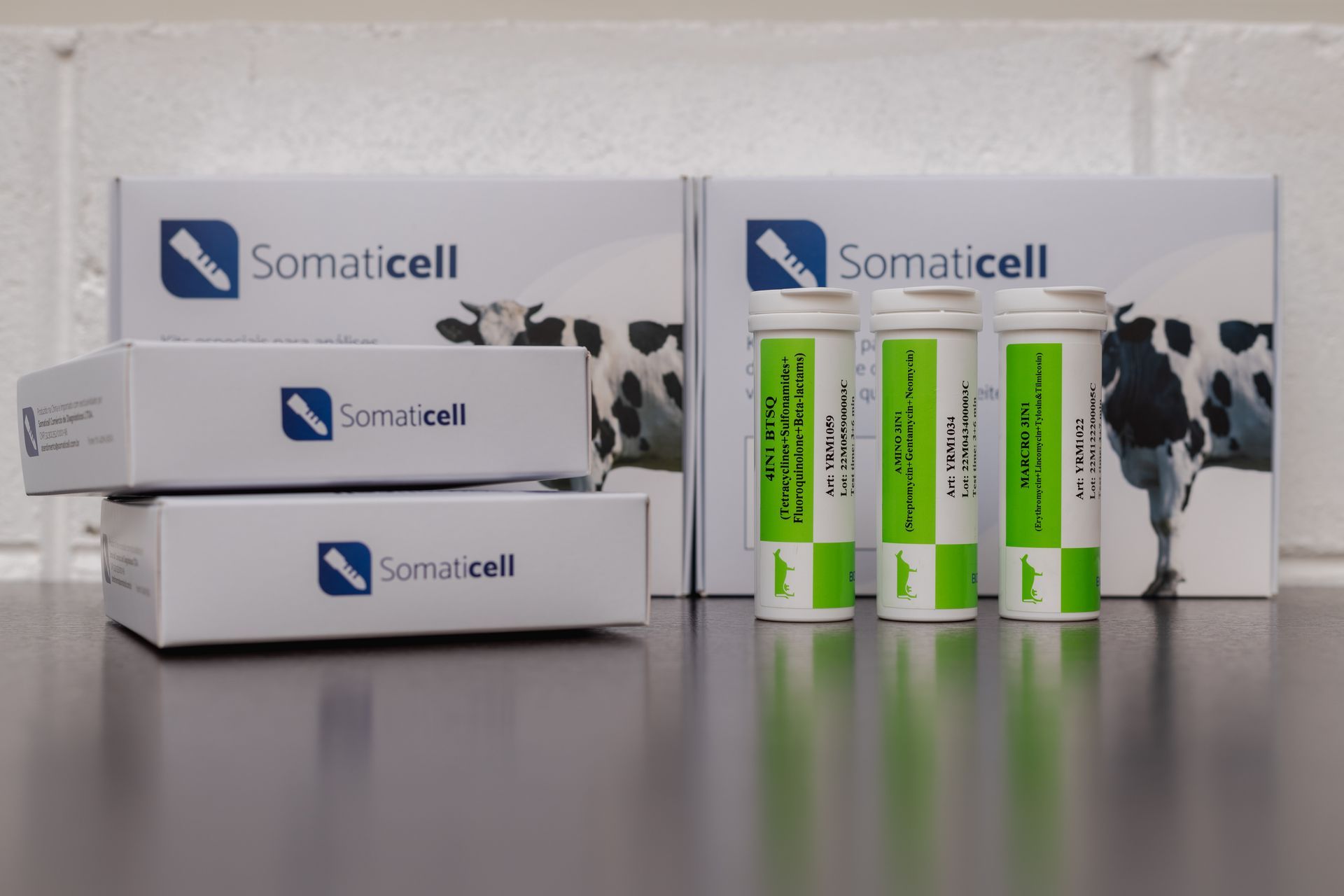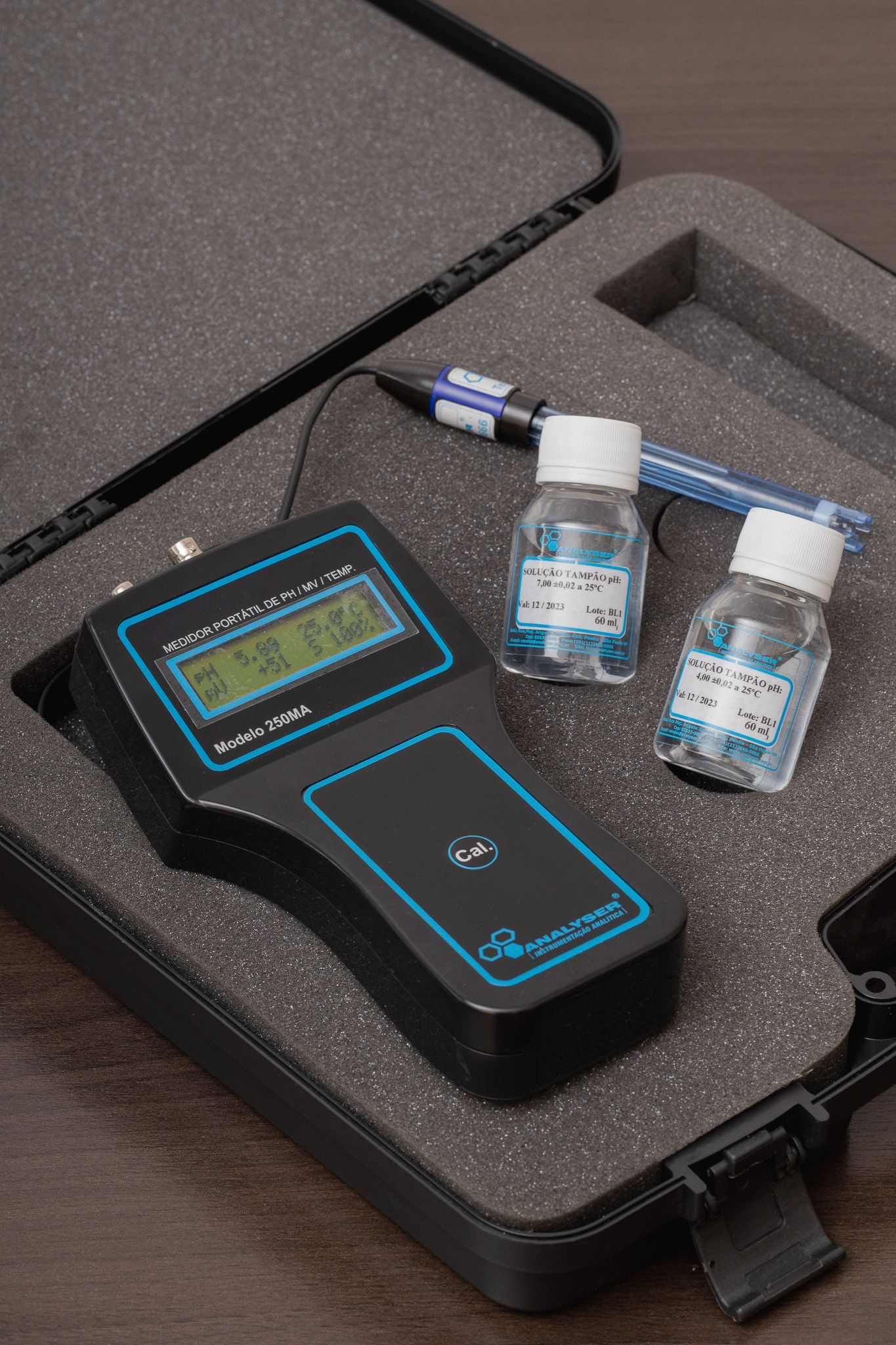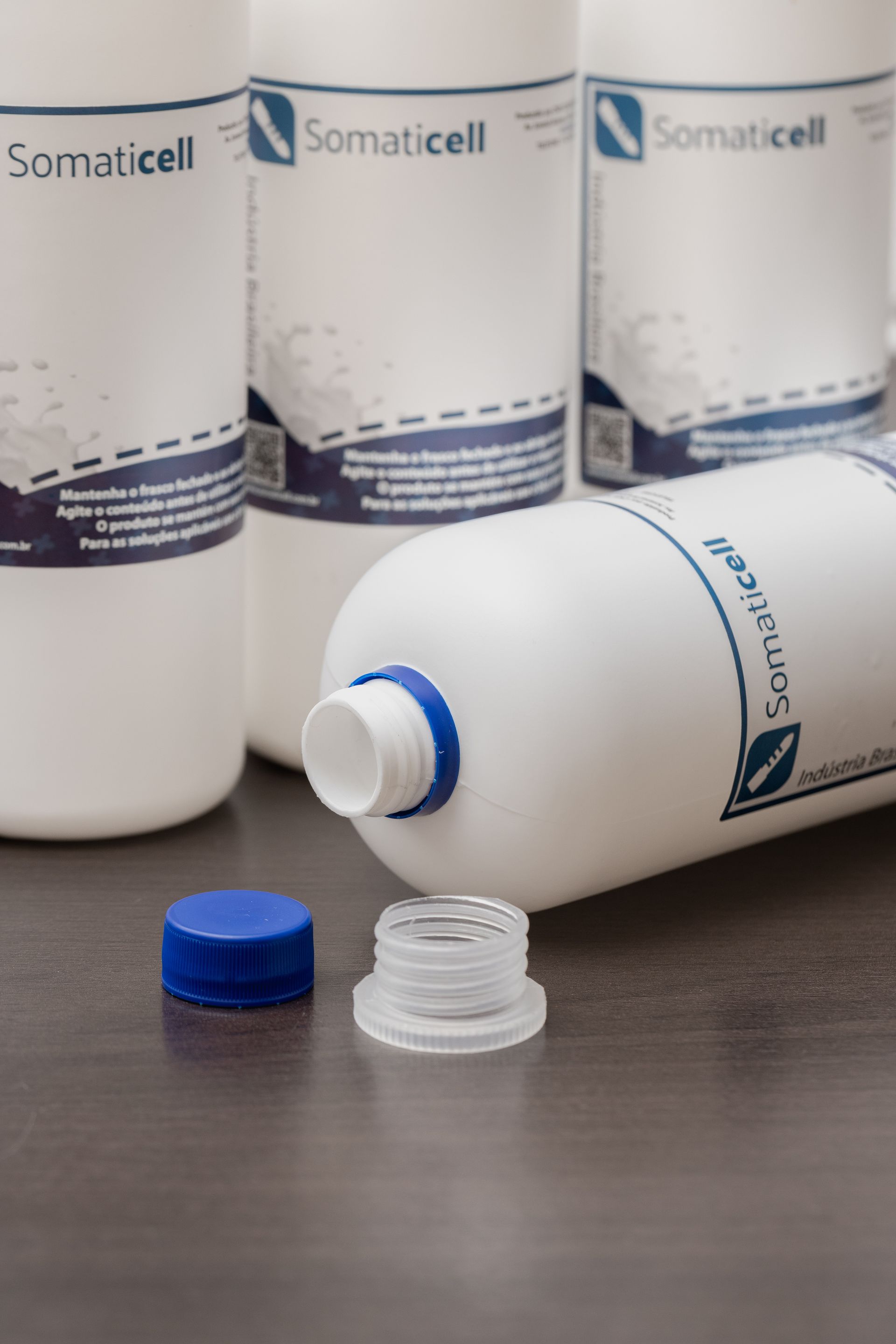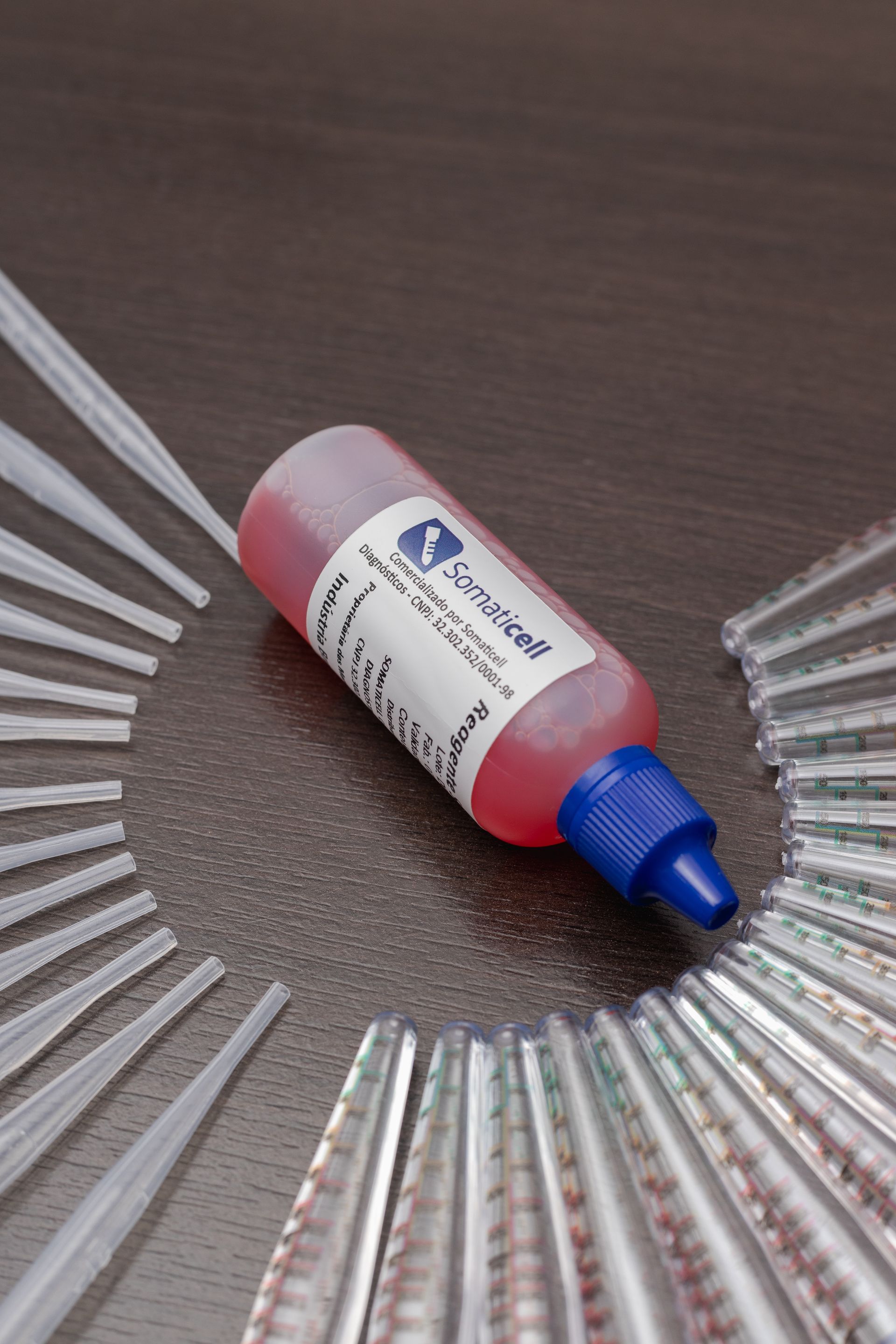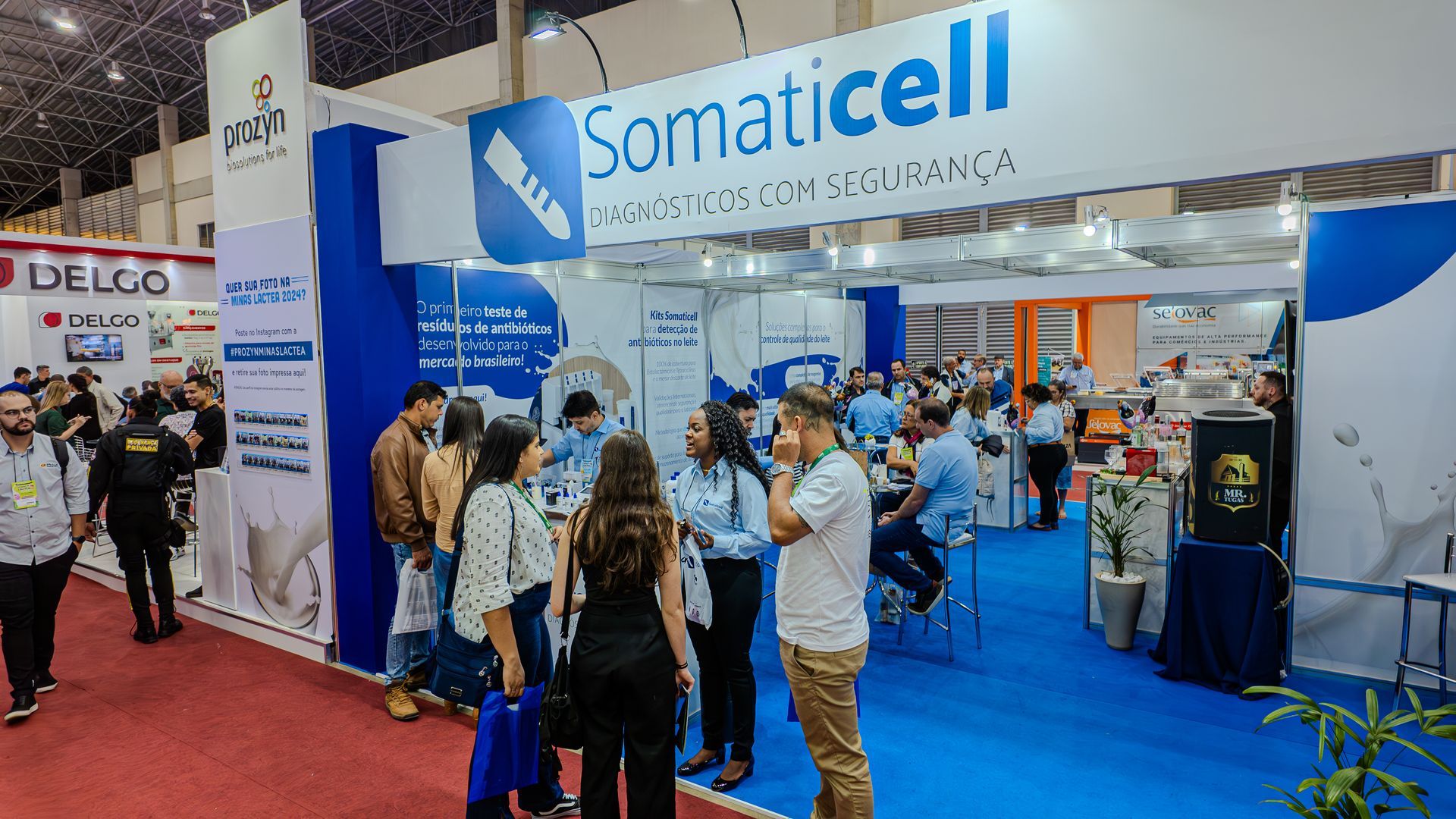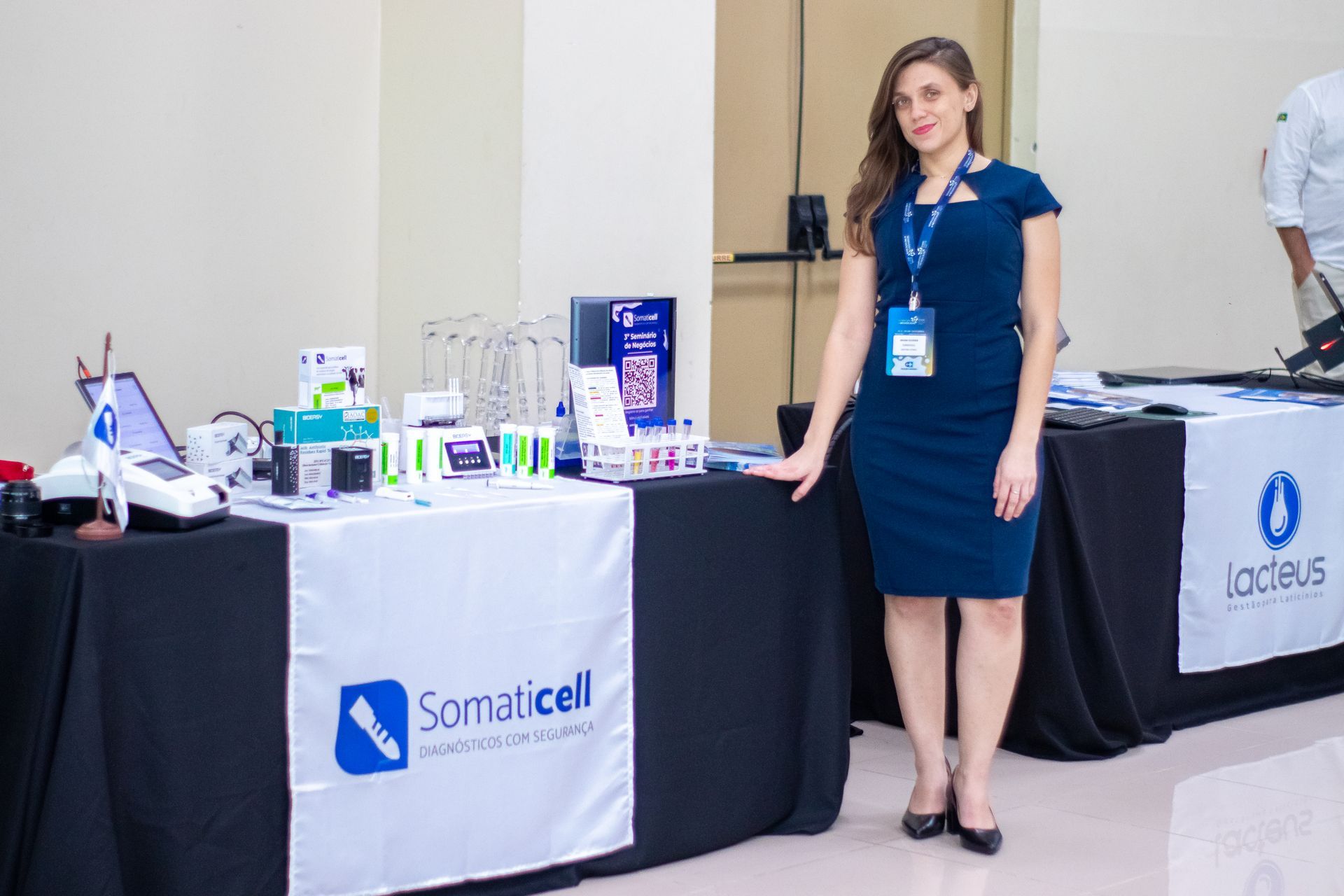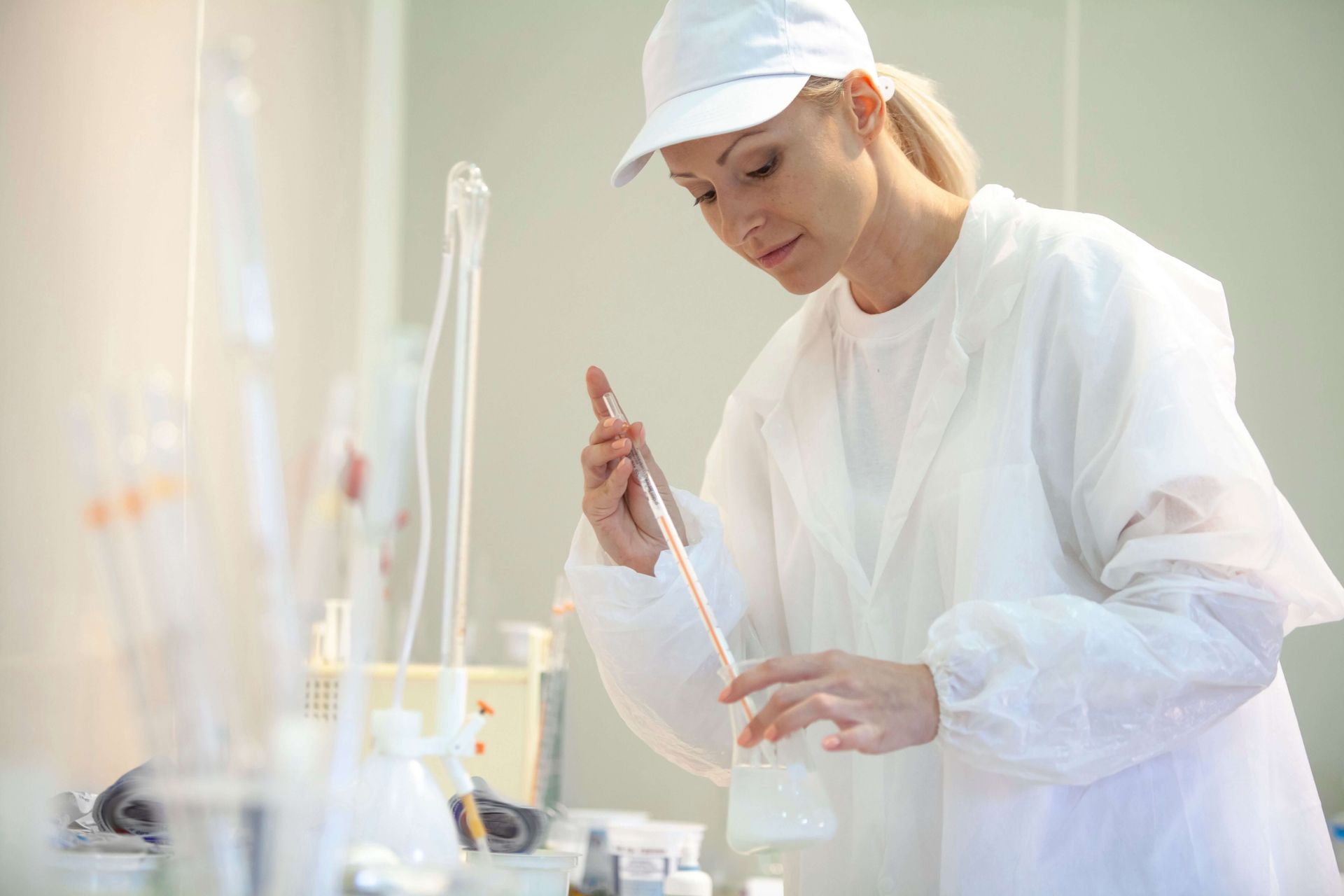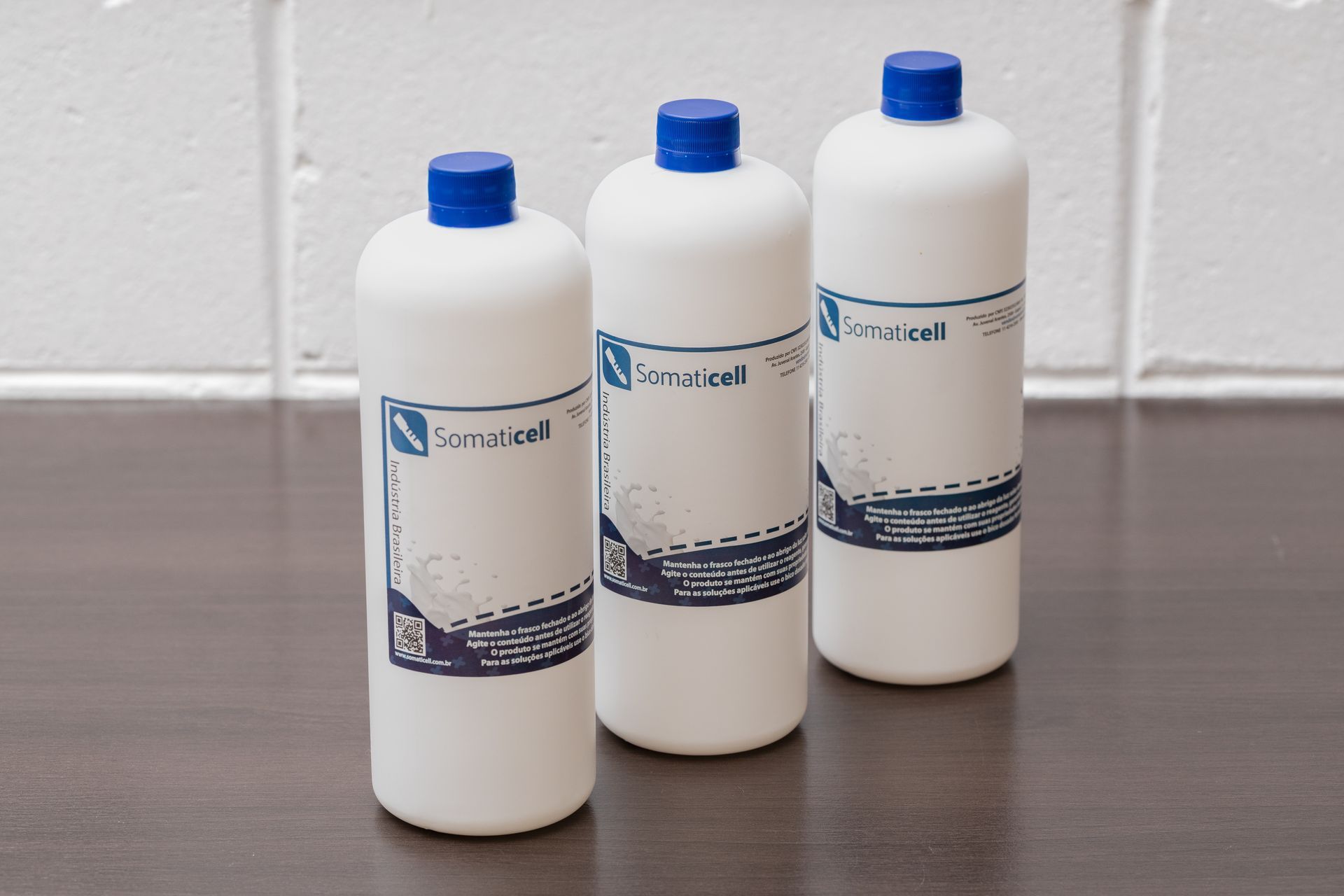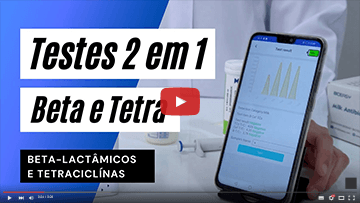IN 77: learn about the changes and impacts on dairy production!
Understand the impacts produced in the dairy from changes in milk production standards
With the approval of Normative Instruction 77, the changes and adaptations involved in the milk production chain were significant.
IN 77 established criteria and procedures for the production, packaging, conservation, transport, selection and reception of raw milk in establishments registered with the official inspection service.
Thus, it becomes necessary to clarify the impacts produced in the dairy from these changes in milk production standards. And what the milk producer needs to pay attention to in order to be up to date with the regulations.
Another rule that also came into force in the same period was IN76, but in this article we will focus only on IN 77. In it you will be able to check:
- What is IN 77?
- What are the new rules proposed by IN 77?
- How does IN 77 impact dairy production?
What is IN77?
A Instrução Normativa 77, juntamente com a IN76, estabeleceu-se pelo Ministério da Agricultura, Pecuária e Abastecimento (Mapa) em novembro de 2018, passando a vigorar em maio de 2019. As novas regras determinam critérios para a produção de leite no país, isto é, com o objetivo de aumentar a qualidade de todo o processo da cadeia produtiva do leite e dos laticínios em si.
However, these norms had some impacts on producers and businessmen in the field, who had to adapt their procedures to comply with the norms. IN 77 addresses some criteria involving concepts such as:
- boas práticas agropecuárias;
- standard plate count;
- dairy farm;
- type A milk;
- Brazilian Network of Milk Quality Control Laboratories (RBQL);
- direct expansion tank;
- tank for community use, among others.
All these concepts are important for understanding the quality standards present in the current regulations (IN 77), which will serve as a subsidy for producers to adopt good agricultural practices in the milk production chain.
What are the new rules proposed by IN 77?
Before talking about the new rules, it is necessary to understand that IN 77 brought changes that are related to the optimization of quality standards. That is, through methods that can be traced and that present results to producers.
Thus, the new rules regarding the milk production chain were divided into chapters. They drive higher quality practices at every step of the process.
These sections refer to the health status of the herd, the Self-Control Program (PAC), the infrastructure of the facilities and also the equipment. In addition, the collection and transport of milk, reception of milk, laboratory analysis of milk, among others.
Let's understand a little more about these rules below.
Herd health
Regarding the health of the herd, IN 77 establishes that the herd needs to be monitored by a veterinary professional, who will work to guarantee the health of the dairy cows.
This professional will assume responsibilities such as maintaining the systematic control of parasites, as well as the control of mastitis and the control of brucellosis and tuberculosis.
In addition, as part of the Self-Control Program (PAC) - which also involves other aspects, such as the registration system for transporters and producers -, IN 77 determines the maintenance of the qualification and training of milk suppliers, who must maintain adequate hygienic-sanitary conditions and good agricultural practices in the production processes.
Self-Control Program (PAC)
IN 77 determines that establishments need to have Self-Control Programs, called PAC, to maintain good agricultural practices and quality in milk production.
According to IN 77, the self-control program must contain aspects such as:
- Updated registration of rural producers;
- Registration of milk transporters;
- Procedures for milk collection and selection analysis;
- Procedures for collecting, preserving and transporting individual samples;
- Hygiene of milk transport vehicles;
- Information on the transfer procedure, intermediate location, routes and times and proof that the procedure does not interfere with the quality of the milk;
- Continuing education of rural producers;
- Selection and training of milk transporters and sample collection agents; It is
- Criteria for selecting and disposing of raw materials, in accordance with current legislation.
In addition, verification of some of the requirements of the self-control program at the production sites must be monitored by RBQL laboratories.
Installations and equipment
With regard to facilities and equipment, the rules are clear regarding the adoption of good agricultural and hygienic-sanitary practices to establish a higher quality standard for raw milk, among them:
- The milking site, which must be properly sanitized both before and during and after milking;
- Maintenance and cleaning of equipment, which must follow the manufacturers' references;
- Raw milk refrigerated on the farm, which must have pre-cooling systems or a direct expansion tank, or both. Also, follow the guidelines regarding the indicated temperatures, which are up to 4ºC, and it is necessary to reach this temperature within 3h;
The determinations regarding the use of a community tank, in addition to following all the guidelines used for individual use tanks, must also observe other guidelines set out in the regulations.
Além disso, existem outras recomendações acerca das instalações e dos equipamentos que você pode conferir na íntegra acessando a Instrução Normativa 77.
Milk collection and transport
Returning to the issue of traceability that we mentioned at the beginning of the topic. A measure set out in IN 77 regarding collection and transport involves the collection of a milk sample that will be transported for laboratory analysis. This care is very important for maintaining the expected quality standard.
Milk should also only be selected if it meets the requirements of the Alcohol/Alizarol test and proper temperature measurement.
The conditions related to the temperature of the milk when leaving the rural property and when transporting it to the establishment, must not exceed 4ºC. In addition, it is necessary to follow all hygienic-sanitary measures to guarantee the quality of the raw material.
Milk reception
Regarding the reception of milk in the establishment to which it is being destined, there are some criteria regarding temperature, which allow the maximum temperature to be up to 7ºC in the milk reception process, and may reach up to 9ºC, in exceptional cases.
And regarding the daily control of raw milk in the establishment, some factors must be evaluated, such as:
- Temperature;
- Alcohol/Alizarol test at a minimum concentration of 72% v/v;
- Titratable acidity;
- Cryo index
- Density relative to 15ºC;
- Fat content, total solids content and non-fat solids content;
- Research on acidity neutralizers;
- Surveys of density restoratives or the cryoscopic index; It is
- Researches of conservative substances.
All these procedures must follow the official guidelines and protocols of the Ministry of Agriculture, Livestock and Supply (MAPA). If not, methods proven by official protocols should be used.
Laboratory analysis of milk
As mudanças que a norma vigente trouxe que mais causaram discussões na comunidade da cadeia produtiva do leite tem relação com parâmetros que precisam ter adoção na análise laboratorial. Isto é, para que seja possível comercializar o leite cru, sendo eles: a Contagem de Células Somáticas (CCS) e a Contagem de Bactéria Total (CBT).
The analysis standards proposed by IN 77 were significant in this context precisely because they establish quality standards that are very difficult for the community to achieve.
The new standards establish that raw milk analysis must have a maximum bacterial count of up to 300 thousand CFU/mL, while the somatic cell count must be a maximum of 500 thousand somatic cells per mL. The Standard Plate Count must be a maximum limit of 900 thousand CFU/mL for raw milk before processing, according to the new standard. The evaluation must be done on a monthly basis, through the samples.
- In addition to the CCS and CTB standards, other parameters that need evaluation in the RBQL laboratory analysis are:
- Fat content;
- Total protein;
- Anhydrous lactose content;
- Non-fat solids content;
- Total solids;
- Waste products for veterinary use;
There are also some parameters for type A refrigerated raw milk, which can be fully checked in the standard itself.
How does IN 77 impact dairy production?
With the new rules introduced by IN 77, the dairy production chain certainly suffered impacts. These changes were fundamental for dairy producers to realize that standards need to be higher and higher. In order to guarantee higher quality products for consumers.
Despite the regulations generating a lot of discussion in the community. As they present standards that are difficult for most dairy farmers to reach, it is necessary to understand that these parameters will bring more significant results in the future. In addition, there are financial gains involved in this process, for producers and entrepreneurs in the field.
O projeto Educampo, feito pelo Sebrae Minas, demonstrou isso através de um Levantamento feito em 457 fazendas que têm atendimento pelo projeto. O Levantamento mostrou que os ganhos financeiros para os produtores que seguem as novas normativas relacionadas por exemplo, ao tópico da IN 77 referente a Contagem de Células Somáticas (CCS) e a Contagem de Bactéria Total (CBT), são bastante significativos quando olhados a longo prazo e que os produtores que seguiram os parâmetros na pesquisa, ganharam uma média de R$0,08 a R$0,15 por litro de leite a mais do que os produtores que não conseguiram atingir os padrões estabelecidos.
This is just an example of what can be seen when following the determinations of the new regulations.
Is your company suitable for IN 77?
Therefore, in order to avoid negative impacts and damage to the business, it is necessary to adapt the company's agricultural practices to contemplate what the new rules say.
One of the most important factors is related to the self-control program. With the hiring of a veterinarian, as required by law, operations will be optimized. Because he will know how to execute the self-control program defined by the industry and follow the protocols established by the legislation.
In addition, the establishment of a drug control plan is also indispensable in this context. Because, with that, the industry will be able to define aspects that help to understand the sampling plan, to establish the population, to map and analyze the risks. In addition, to apply effective methods for the operation, thus reducing operating costs and increasing milk quality.
Adopting good agricultural practices, adequate sanitary processes at all stages of the milk production chain, being attentive to updates and adopting analysis methods to increase the quality of milk for consumers, certainly causes impacts for producers in the sector.
Despite being a somewhat controversial topic in the community and it seems difficult to perceive the results that adaptation to these new rules may bring to the milk production chain, it is necessary to understand that they will exist. In addition, improving your production methods more and more is the best way to achieve these results.
Another way of doing this is by contracting quality services, which will deliver satisfactory results for their customers, but will also guarantee the company's adequacy to the IN 77.
Realizamos serviços de Contagem de Células Somáticas (CCS), testes bem como análises de resíduos antibióticos no leite, entre outros, que oferecem a garantia do controle da qualidade do leite da sua empresa, seguindo os padrões definidos pela legislação.
Fale agora com nossa equipe através do chat. Estamos preparados para atender às demandas do seu negócio.
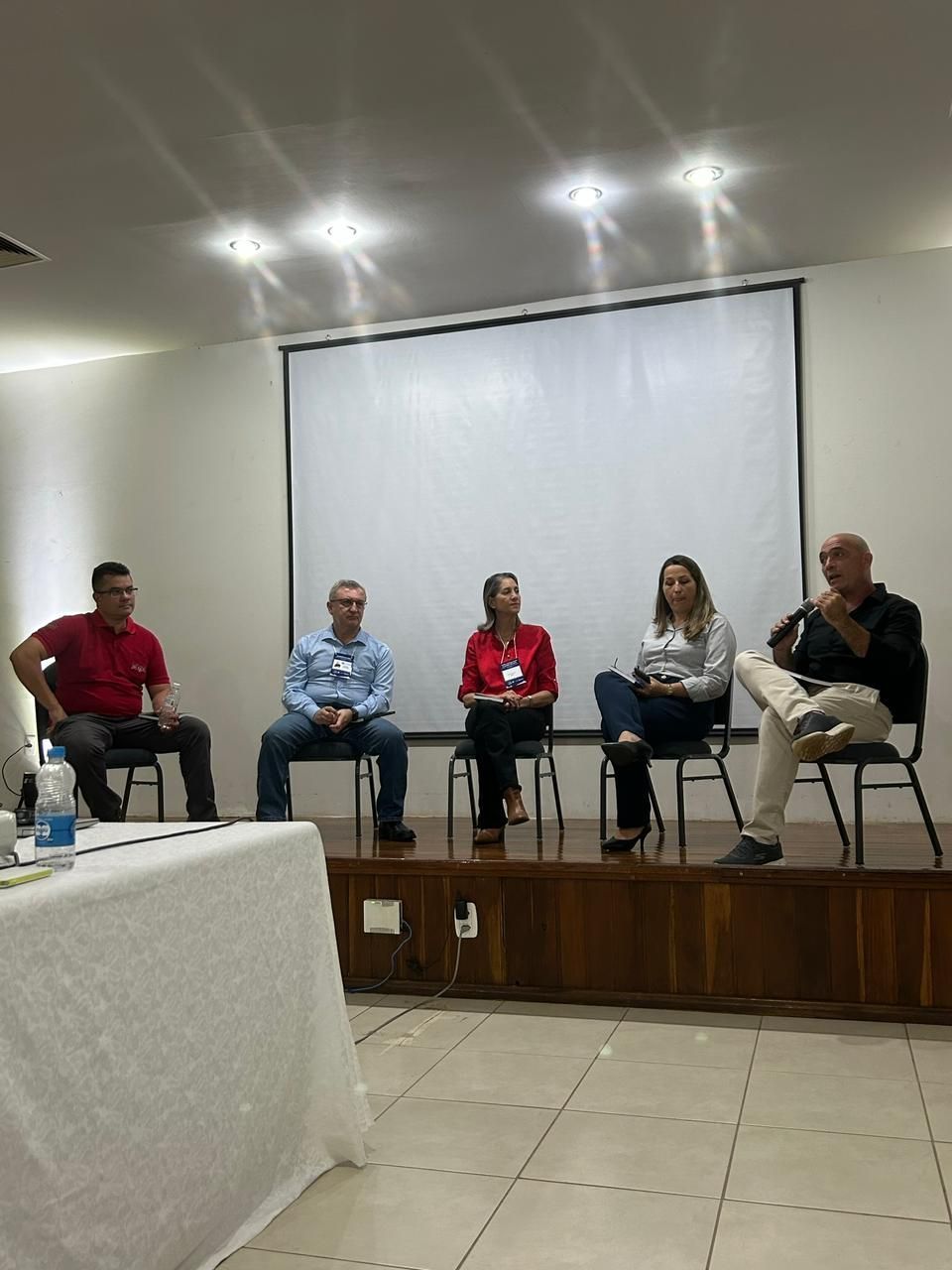
Discover our App

Our Educational Videos
Somaticell on Social Networks


